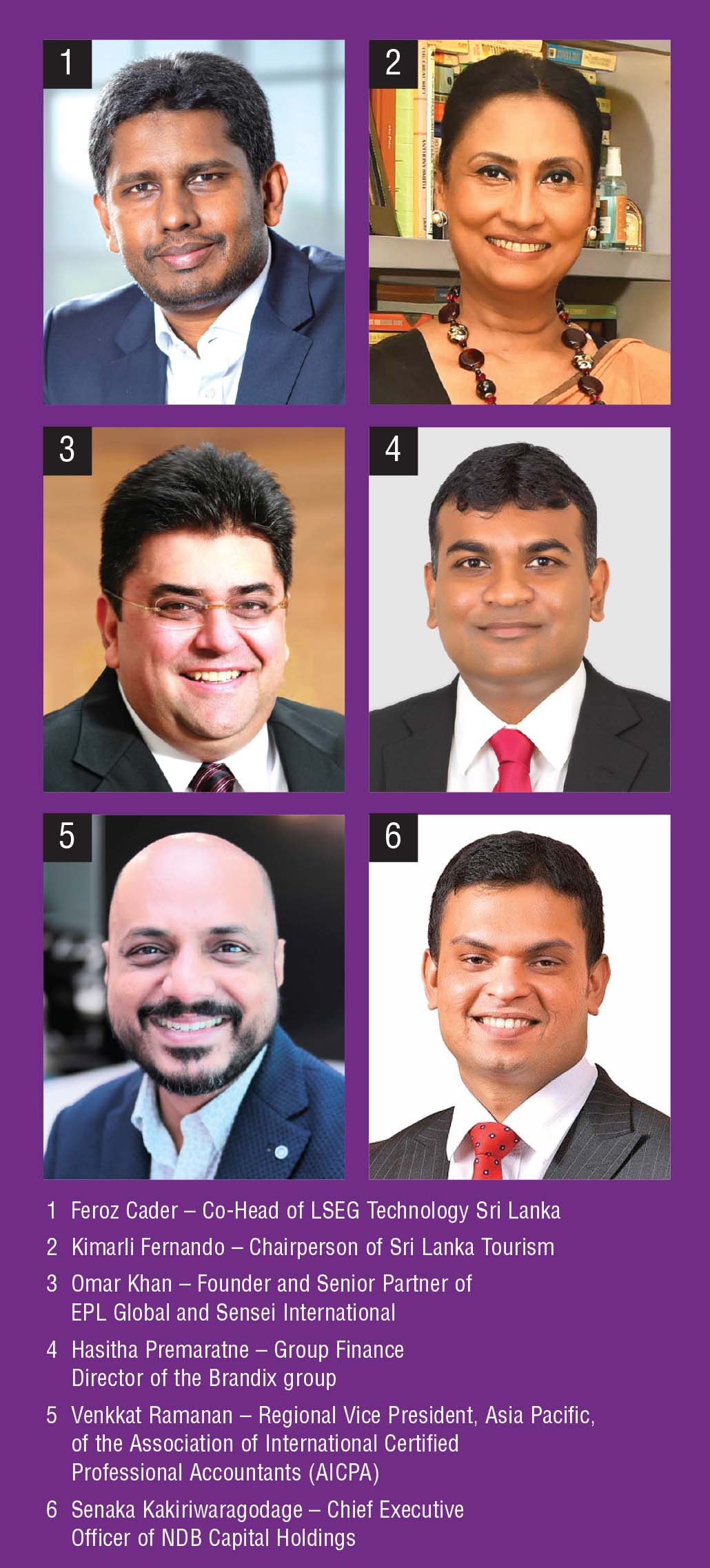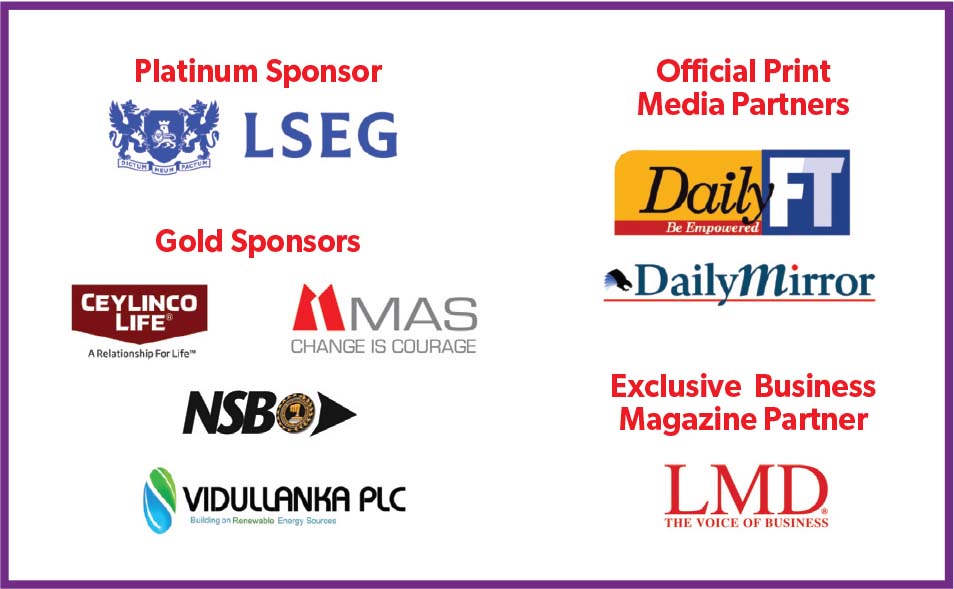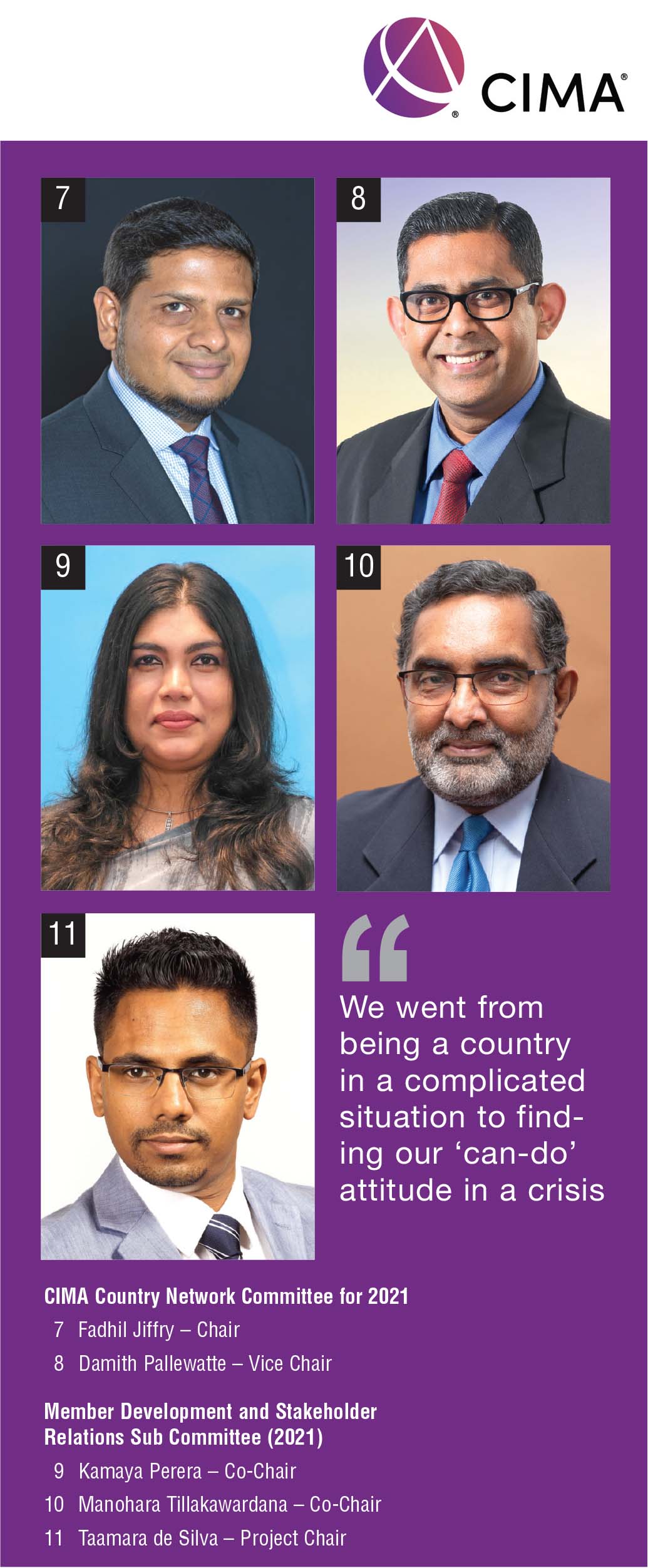CIMA CXO FORUM 2021
Navigating the tides of uncertainty

“Quick to adapt, we pivoted on a pinhead with agility and resilience in the face of adversity, to emerge strong and collectively overcome the ‘great reset’.” This was the message that rang clear throughout the Chartered Institute of Management Accountants’ (CIMA) recent APAC CXO Forum 2021.
While the Asia-Pacific region’s business climate remains on a cliffhanger, professional bodies and industry leaders have had the agility and resilience needed to transform their futures, and innovate.
COVID-19 affects every facet of people’s lives in all corners of the world. The political, economic and social agitation that the pandemic has caused is radically changing the traditional context for decision making – and leaders are bound to find themselves at crossroads, managing short-term pressures against medium and long-term uncertainties.
The recently concluded CIMA APAC CXO Forum 2021 brought together C-suite players – including CEOs, CFOs, CIOs and CMOs – and top professionals from the Asia-Pacific region.
They had an opportunity “to deliberate on the inconsistencies, inadequacies and contradictions of multiple systems ranging from health, apparel and technology, to tourism and education, and seek means to reconstruct the regional business environment through a multitude of strategies,” as Project Chair Taamara de Silva explained.
A well-rounded panel comprising both locally and globally renowned business and sector leaders discussed the latest trends in leadership and education, as well as mental health and wellbeing, in the context of the post-COVID recovery.
The panel was moderated by Senaka Kakiriwaragodage – Chief Executive Officer of NDB Capital Holdings – who led the discussions for the evening, which included how to tackle the challenges posed by the pandemic, the types of internal adjustments needed to resolve issues to stay relevant and ahead of competitors, and how business leaders should thrive in these exceptional times.
Sri La nka Tourism Chairperson Kimarli Fernando commented on how the tourism industry was able to strike a balance between caring for lives and livelihoods, stating that after much self-reflection and deliberation, “we went from being a country in a complicated situation to finding our ‘can-do’ attitude in a crisis.”
nka Tourism Chairperson Kimarli Fernando commented on how the tourism industry was able to strike a balance between caring for lives and livelihoods, stating that after much self-reflection and deliberation, “we went from being a country in a complicated situation to finding our ‘can-do’ attitude in a crisis.”
This approach proved fruitful after the region’s first bio-bubble for travel earned the country a Safe Travels stamp from the World Travel and Tourism Council (WTTC) in recognition of the stringent protocols put in place to give international travellers peace of mind.
Similarly,  Feroz Cader – Co-Head of LSEG Technology Sri Lanka – explained how a company’s core qualities could be salvaged and enhanced during such a chaotic period to resume business activities.
Feroz Cader – Co-Head of LSEG Technology Sri Lanka – explained how a company’s core qualities could be salvaged and enhanced during such a chaotic period to resume business activities.
This includes product design and quality, the appropriate infrastructure and tools, and the practice of providing mission critical support. But the most important aspect was “letting our teams know that their health and safety was our priority above all else,” according to Cader.
Given that it was one of the segments hit by the pandemic and forced to reevaluate its business models to make room for new opportunities, Group Finance Director of the Brandix group Hasitha Premaratne commented that the apparel industry’s ability to be agile and move from one product to another – while innovating and proceeding to work with automation – was the prime reason it was able to “capture a big piece of turnover we would have otherwise lost.”
This opened avenues in the local market, enabling manufacturers to source materials from within the country or region instead of depending on their previous partners. In many ways, it showed governments how they could eventually become self-sustaining nations.
A sector that was sorely battered and is yet to see a rebound – as it’s not merely a matter of being innovative but about becoming empathetic and socially aware of the issues faced by consumers – is education. This sector still needs assistance to improve.
When asked whether the sector was able to garner a competitive advantage, Regional Vice President, Asia Pacific of the Association of International Certified Professional Accountants (AICPA), Venkkat Ramanan responded: “It was a reset that was long overdue because ‘EdTech’ (education technology) is nothing new.”
As Sri Lanka prefers a more traditional classroom to digital learning platforms, Ramanan believes that “it’s still something that is due but we need to have foresight in terms of making the change early before the change is brought to us.”
Omar Khan – Founder and Senior Partner of EPL Global and Sensei International – reflected on mindfulness and its importance so that we as a society use the pandemic to help us grow with one another instead of allowing it to drive us apart.
The unified voice of leaders in the Asia-Pacific region and CIMA had many positive discussions on how the region’s ecosystems can be reinvented with a resilient and agile attitude, to create a healthier and more equitable post-pandemic world.
– Compiled by Ashwini Vethakan
COMPANY DETAILS
Telephone: 0757 903410
Email: colombo@aicpa-cima.com
Website:www.cimaglobal.co




